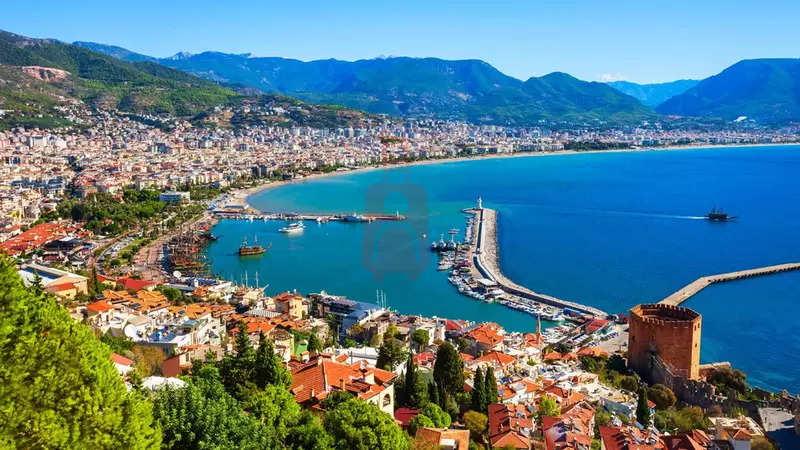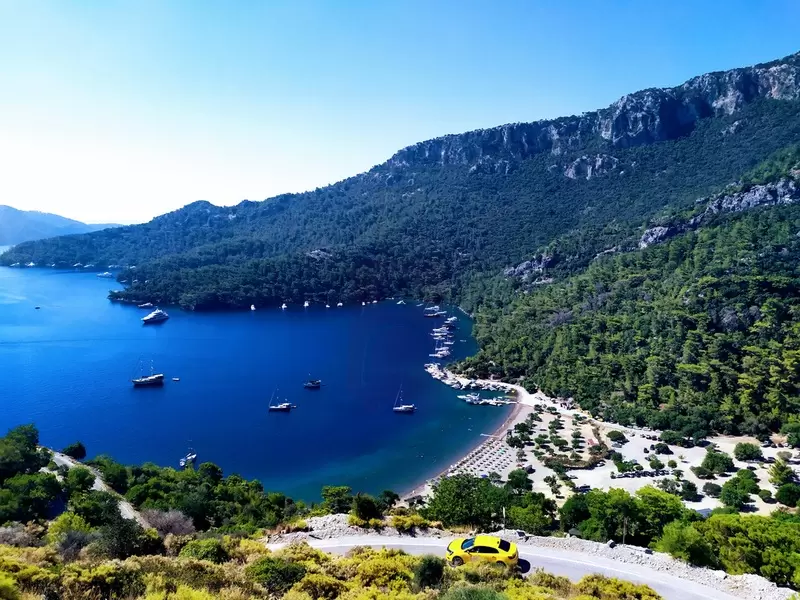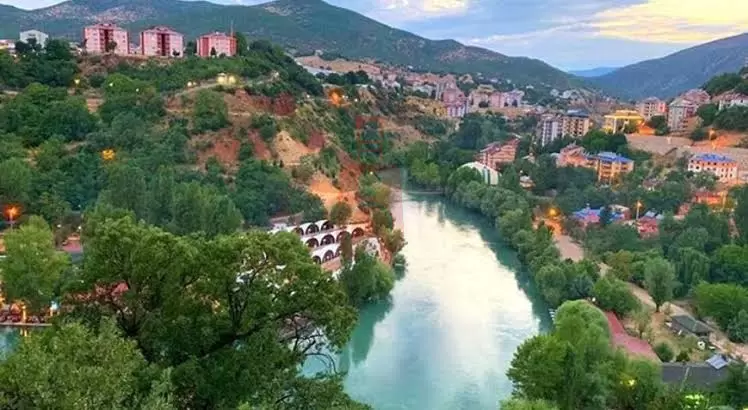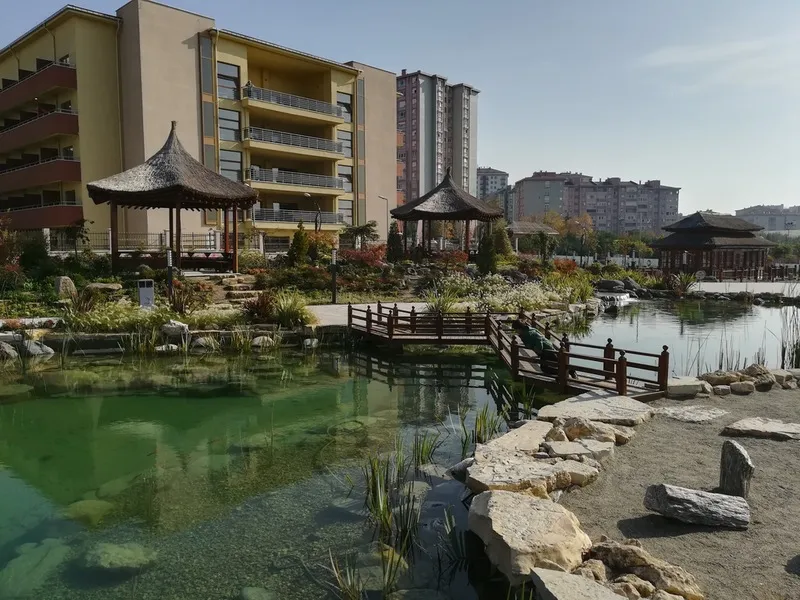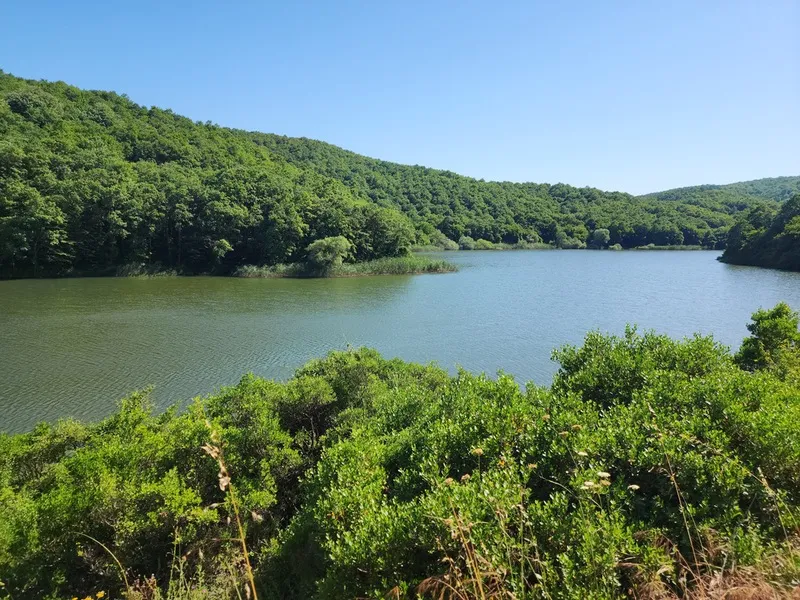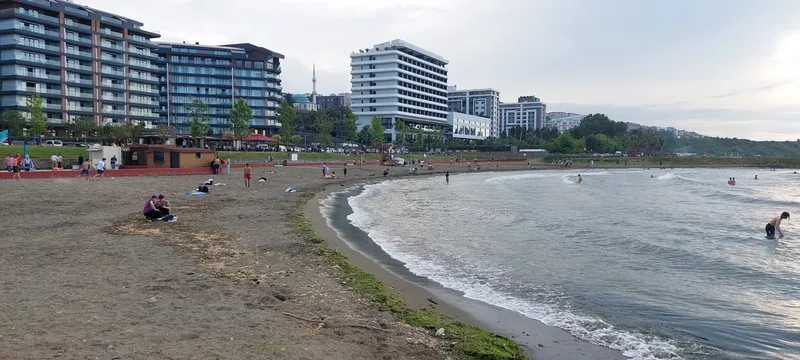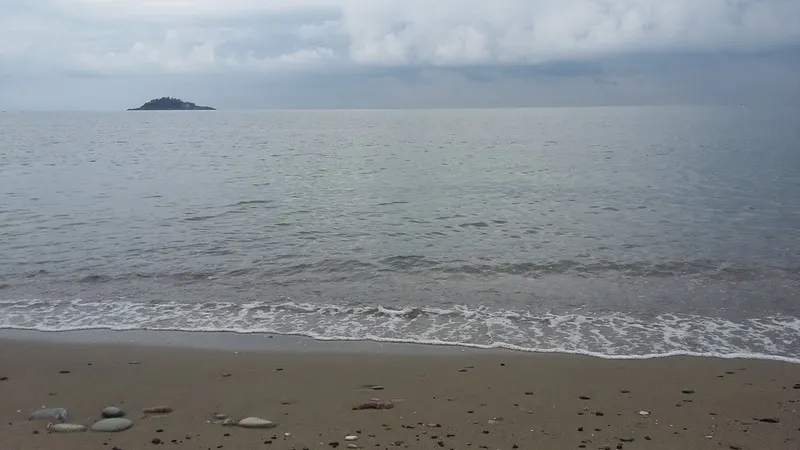## Sustainable Travel in Türkiye: A Journey of Respect and Discovery
Türkiye, a land bridging Europe and Asia, boasts a rich tapestry of history, culture, and natural beauty. From the bustling streets of [Istanbul] to the serene landscapes of [Cappadocia], the country offers an incredibly diverse range of experiences. However, with increasing tourism, its crucial to explore Türkiye in a way that respects its environment, supports local communities, and preserves its heritage for future generations. This is where sustainable travel comes in.
Sustainable travel isnt just a trend; its a responsibility. Its about making conscious choices that minimize our impact and maximize the positive contributions we make during our journeys. In Türkiye, this means choosing eco-friendly accommodations, supporting local businesses, respecting cultural traditions, and being mindful of the natural environment. By embracing sustainable practices, we can ensure that Türkiyes beauty and charm remain intact for years to come.
Embarking on a sustainable journey through Türkiye isnt about sacrificing comfort or enjoyment; its about enhancing your experience by connecting more deeply with the land and its people. Its about discovering hidden gems, forging meaningful connections, and contributing to a more responsible and equitable tourism industry.
Embracing Eco-Friendly Accommodations
One of the most significant ways to reduce your environmental footprint is by choosing eco-friendly accommodations. Look for hotels, guesthouses, and boutique properties that have implemented sustainable practices, such as:
- Energy efficiency: Utilizing renewable energy sources like solar panels, implementing energy-efficient lighting and appliances, and promoting water conservation.
- Waste reduction: Implementing recycling programs, composting food waste, and reducing single-use plastics.
- Local sourcing: Prioritizing locally sourced food and products to support local farmers and businesses and reduce transportation emissions.
- Sustainable building materials: Using locally sourced, sustainable materials in construction and renovation.
- Certifications: Seeking out accommodations with recognized sustainability certifications, such as Green Key or Travelife.
Many hotels in [Antalya], for instance, are increasingly adopting sustainable practices to protect the regions stunning coastline and natural resources. Similarly, in [Bozcaada], you can find charming guesthouses committed to preserving the islands traditional architecture and agricultural heritage.
Supporting Local Communities
Sustainable tourism is deeply intertwined with supporting local communities. By choosing to patronize locally owned businesses and engaging with local artisans and entrepreneurs, you can directly contribute to the economic well-being of the people whose home you are visiting. Here are some ways to support local communities in Türkiye:
- Eat at local restaurants: Sample traditional Turkish cuisine at family-run restaurants and cafes, rather than large international chains.
- Shop at local markets: Explore vibrant local markets for fresh produce, handcrafted goods, and unique souvenirs. Negotiate respectfully and support the livelihoods of local vendors.
- Purchase handicrafts directly from artisans: Seek out opportunities to purchase carpets, ceramics, textiles, and other handicrafts directly from the artisans who create them. This ensures that they receive a fair price for their work and helps to preserve traditional skills. In [Göreme] Cappadocia, visit local pottery workshops.
- Take guided tours with local guides: Hire local guides who can provide insights into the history, culture, and natural environment of the region. These tours often benefit local communities and provide authentic experiences.
- Stay in locally owned guesthouses: Opt for small, family-run guesthouses that offer a more intimate and authentic experience while supporting the local economy.
In [Şirince], a charming village near Ephesus, you can support the local economy by purchasing locally produced olive oil, fruit wines, and handicrafts. By choosing to spend your money in these communities, you can help to ensure their long-term sustainability.
Respecting Cultural Traditions
Türkiye has a rich and diverse cultural heritage that should be treated with respect. When visiting religious sites, such as mosques and churches, dress modestly and remove your shoes when required. Learn a few basic Turkish phrases to show your respect for the local language and culture. Be mindful of local customs and traditions, and avoid behavior that could be considered disrespectful.
Participate in local festivals and cultural events to learn more about Turkish traditions and customs. These events offer a unique opportunity to connect with the local community and gain a deeper understanding of Turkish culture. In [Konya], observe or participate in the whirling dervishes ceremonies to learn about Sufi traditions.
When photographing people, always ask for permission first. Respect their privacy and avoid taking photos that could be considered intrusive or exploitative.
Mindful Exploration of Natural Environments
Türkiye boasts stunning natural landscapes, from the turquoise waters of the Mediterranean to the rugged mountains of the Black Sea region. When exploring these natural environments, its important to be mindful of your impact and take steps to protect them.
- Stay on marked trails: Avoid venturing off marked trails, as this can damage fragile ecosystems.
- Leave no trace: Pack out everything you pack in, and dispose of waste properly. Avoid littering, and be mindful of your impact on the environment.
- Conserve water: Water is a precious resource, especially in arid regions. Be mindful of your water usage, and avoid wasting water.
- Respect wildlife: Observe wildlife from a distance, and avoid feeding or disturbing animals.
- Support conservation efforts: Consider donating to local conservation organizations or participating in volunteer projects that help to protect Türkiyes natural environment.
In [Pamukkale], be mindful of the delicate travertine terraces and avoid walking on areas that are closed to the public. Support efforts to protect this unique natural wonder. In [Kaş], a popular diving destination, be sure to dive responsibly and avoid damaging coral reefs or disturbing marine life.
Sustainable Transportation
Transportation is a significant contributor to carbon emissions. When traveling in Türkiye, consider using sustainable transportation options whenever possible.
- Use public transportation: Türkiye has a well-developed public transportation system, including buses, trains, and ferries. Using public transportation can significantly reduce your carbon footprint.
- Walk or cycle: Exploring cities and towns on foot or by bicycle is a great way to experience the local culture and reduce your environmental impact. Many cities in Türkiye have bike-sharing programs.
- Choose fuel-efficient vehicles: If you need to rent a car, opt for a fuel-efficient model.
- Offset your carbon emissions: Consider purchasing carbon offsets to compensate for the emissions from your flights and other transportation.
For example, when travelling between [Istanbul] and [Ankara], consider taking the high-speed train, which is a more sustainable option than flying or driving. Within Istanbul, use the tram or metro to explore the citys many attractions.
Reducing Waste and Plastic Consumption
Plastic pollution is a major environmental problem worldwide. When traveling in Türkiye, make an effort to reduce your waste and plastic consumption. Carry a reusable water bottle and refill it whenever possible. Avoid using single-use plastic bags, and bring your own reusable shopping bag. Refuse straws and other disposable items when ordering drinks. Choose products with minimal packaging, and recycle whenever possible.
Support businesses that are committed to reducing waste and plastic consumption. Many cafes and restaurants in Türkiye are now offering discounts to customers who bring their own cups or containers.
Consider bringing your own toiletries in reusable containers to avoid using the small plastic bottles provided by hotels. These small steps can make a big difference in reducing your environmental impact.
Responsible Souvenir Shopping
Souvenirs are a great way to remember your trip to Türkiye, but its important to choose souvenirs that are ethically and sustainably produced. Avoid purchasing products made from endangered species or that exploit local workers. Look for handicrafts that are made using sustainable materials and traditional techniques. Support local artisans and businesses by purchasing souvenirs directly from them.
Consider purchasing fair trade products that guarantee fair wages and safe working conditions for producers. Many organizations in Türkiye are working to promote fair trade practices.
Instead of buying mass-produced souvenirs, look for unique and handcrafted items that reflect the local culture and traditions. These souvenirs will be more meaningful and will support the local economy.
Supporting Sustainable Tourism Initiatives
Many organizations in Türkiye are working to promote sustainable tourism. Support these initiatives by donating your time or money. Participate in volunteer projects that help to protect the environment or support local communities. Choose tour operators that are committed to sustainable practices.
Look for certifications or labels that identify sustainable tourism businesses. These certifications indicate that the business has met certain environmental and social standards.
By supporting sustainable tourism initiatives, you can help to ensure that Türkiyes beauty and charm remain intact for future generations.
Responsible Food Consumption
Food waste is a significant contributor to environmental problems. When dining in Türkiye, be mindful of your food consumption and avoid ordering more than you can eat. Support restaurants that prioritize local and seasonal ingredients and that minimize food waste.
Try to sample vegetarian or vegan dishes, as these often have a lower environmental impact than meat-based dishes. Many Turkish dishes are naturally vegetarian or vegan.
When grocery shopping, buy only what you need and plan your meals to avoid wasting food. Compost food scraps whenever possible.
Drinking local wines, raki, or other beverages are also great for minimizing the carbon footprint of the drinks you consume.
The Enduring Legacy of Sustainable Travel in Türkiye
Sustainable travel in Türkiye is more than just a trend; its an investment in the future. By making conscious choices, supporting local communities, and respecting the environment, we can ensure that Türkiyes beauty and charm remain intact for generations to come. Your journey through Türkiye can be a force for good, leaving a positive impact on the land, the people, and the culture.
So, pack your bags, embrace the spirit of responsible exploration, and embark on a sustainable adventure through the enchanting landscapes of Türkiye. Discover the hidden gems, forge meaningful connections, and contribute to a brighter, more sustainable future for this remarkable country. Let your journey be a testament to the power of conscious travel and a celebration of Türkiyes enduring beauty.
